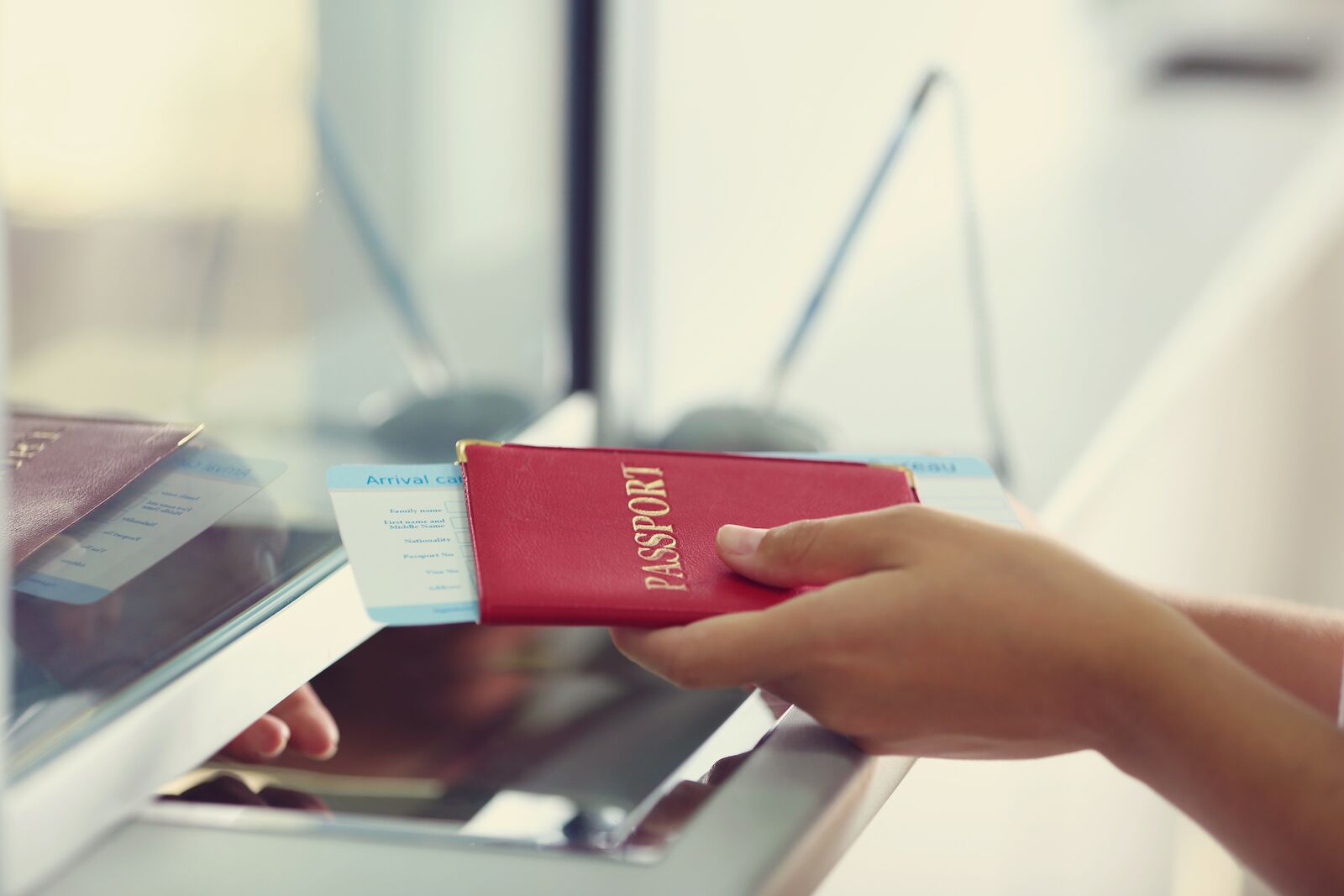
United States Customs and Border Protection has taken steps over the past couple of years that could completely change the way travelers enter the country. Rather than handing over passports, travelers will be photo-verified as they pass through customs.
Think of it like Apple Face ID, but for international travel. And just like how Face ID expedites getting into your phone, airport officials hope that facial recognition technology makes passing through customs faster and more secure.
Here’s how it works: A camera by the agent booth takes a picture of the face of travelers who are over the age of 14. Minors and people over 80 are exempt and American citizens can opt out, but foreign nationals are required to have their picture taken. Photos of citizens are discarded after 12 hours while the Department of Homeland Security keeps the photos of visitors to the country in its Homeland Advanced Recognition Technology System for a biometric database.
Then that photo is checked by an algorithm against passport, visa, and airport photos that the CBP has access to. If the algorithm deems the old and new photos are the same, the traveler can go through without getting their passport checked by the agent. People with photos that don’t match have the chip in their passport checked like normal.
CBP officials told the New York Times that the system has already stopped about 1,600 “imposters” using fake passports to get into the country in the couple of years it’s been implemented. As a side result, some airports using this technology have ended access to the customs kiosks and in some cases airports also closed the mobile passport line that travelers have previously used to get through just as fast as those with Global Entry.
There are downsides. It’s not breaking news that facial recognition software and algorithms have the same biases as the people who designed the technology and those who use it. As the Times notes, Black and brown faces in particular are often misread and incorrect facial recognition matches have led to at least three wrongful arrests of Black men.
Still, the CBP is moving forward. Already, 85 percent of the 221,000 people who arrive from abroad are face verified, and the goal is to have this completely rolled out in the next three years. ![]()

